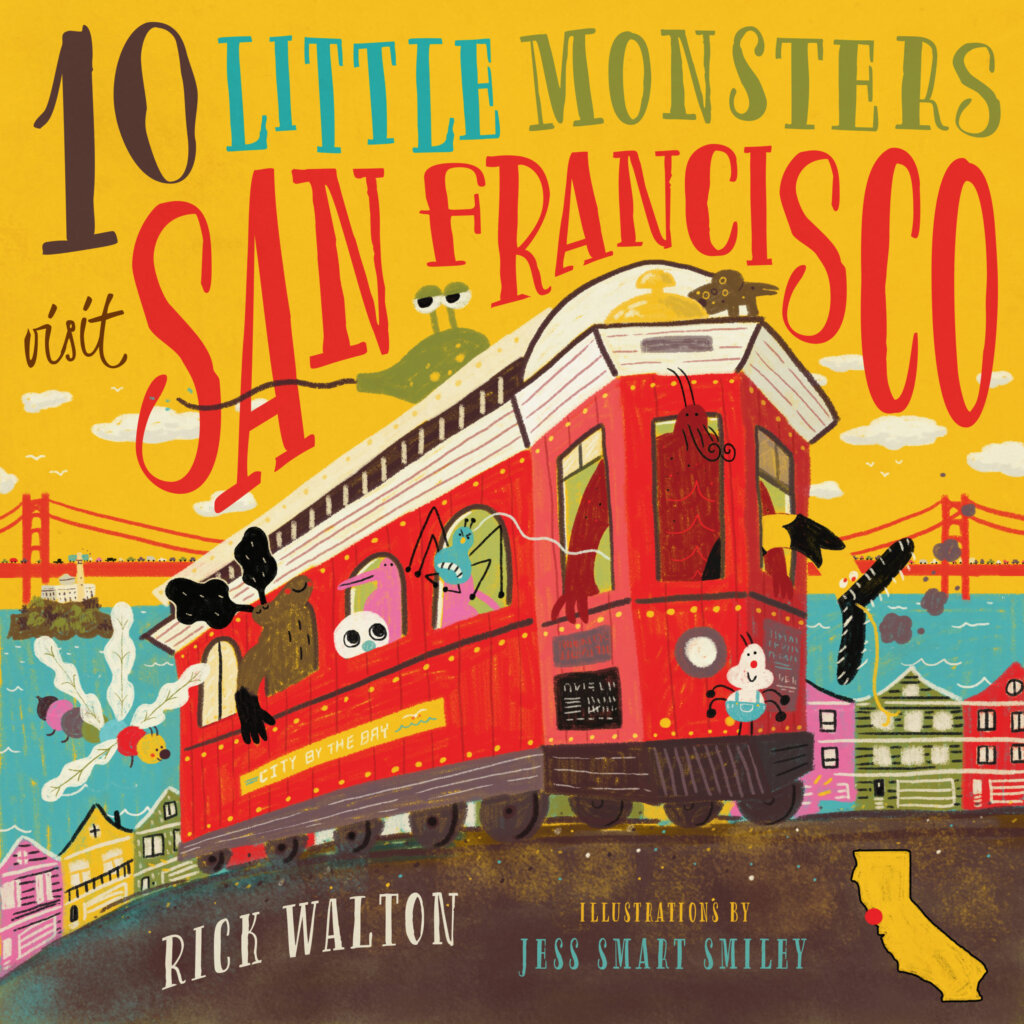
Helping kids love to read
Have you ever had this happen to you?
1. It’s bedtime and you want to read a bedtime story but you’ve run out of time (again). Oh, well, next time we’ll do it–you resolve.
2. Your squirmy baby won’t sit still for more than 30 seconds. When you finally coax her onto your lap, she starts eating the book.
3. Your preschooler asks you to read a book only to lose interest by the second page. While you keep reading faster and faster (must get through the book!), he begins to fidget.
4. Your grade-schooler complains that her teacher is making her read at school and she doesn’t get why anyone would ever want to read a book for fun.
So how do you fit it into your busy schedule? What do you do if your child isn’t interested? How can you help your kids love reading and not just tolerate it? In fact, without some guidance, reading time can feel like “eating your vegetables”–you know it’s good for your kids but you’d all rather watch TV.
If you go looking for tips for reading to kids, you are bound to find the soul-sapping kind–like “point to the words as you read” or “help your child identify the letters on the page.” No child learned to love reading because someone showed him how many “B”s were in the book.
In fact, reading is a lot more than letters. Reading is very complicated. While your mouth is moving, your mind is:
Recognizing the words, putting them in context
Picturing the action and playing a movie in your head
Connecting what you’re reading to all your experiences
Predicting what will happen next while summarizing and remembering all that has happened before
Checking to make sure you understand what you’re reading and telling you, “Wait, you’re confused!” if you don’t
And all of this at the speed of thought!
Understanding leads to love
Kids love reading books when they can understand them. They understand them, not when they have learned how to read the words, but when they have learned these other reading skills–visualizing, connecting, predicting, and summarizing and clarifying. These are the most important parts of the reading process because without them, reading is just sounding out words.
Take a breath
You can help your child develop them and deepen these skills at every age by simply pausing and talking while you read. Using the above list as a guide, you can craft questions that get your young readers to start developing and using these skills.
Questions like:
What do you think will happen next?
Wait…did he just say he wants to eat the moon? What would that taste like?
I like this book it’s funny. What parts make you laugh?
As your kids learn to love books, you will love reading to them more. The more everyone enjoys reading, the more you’ll do it. And the more you’ll get that delightfully warm, snuggly feeling of curling up with a good book and loved one.
For more information–including videos (with real kids!) that illustrate how you can help your kids deepen these skills of the reading process please visit powerofmoms.com.
